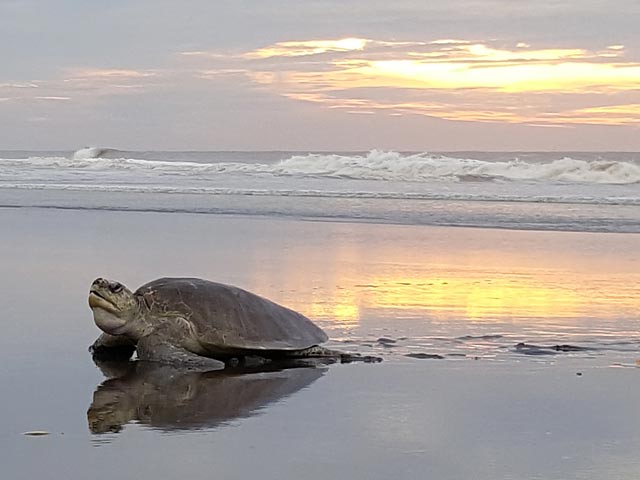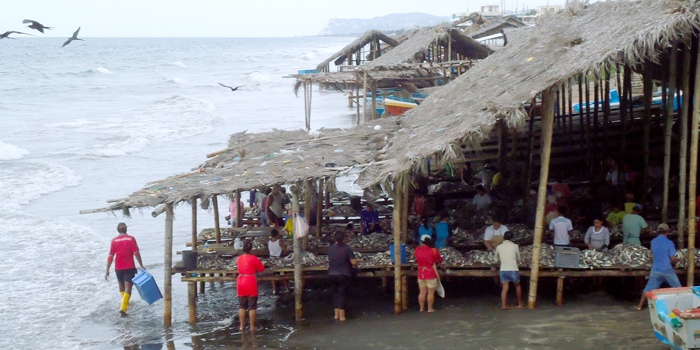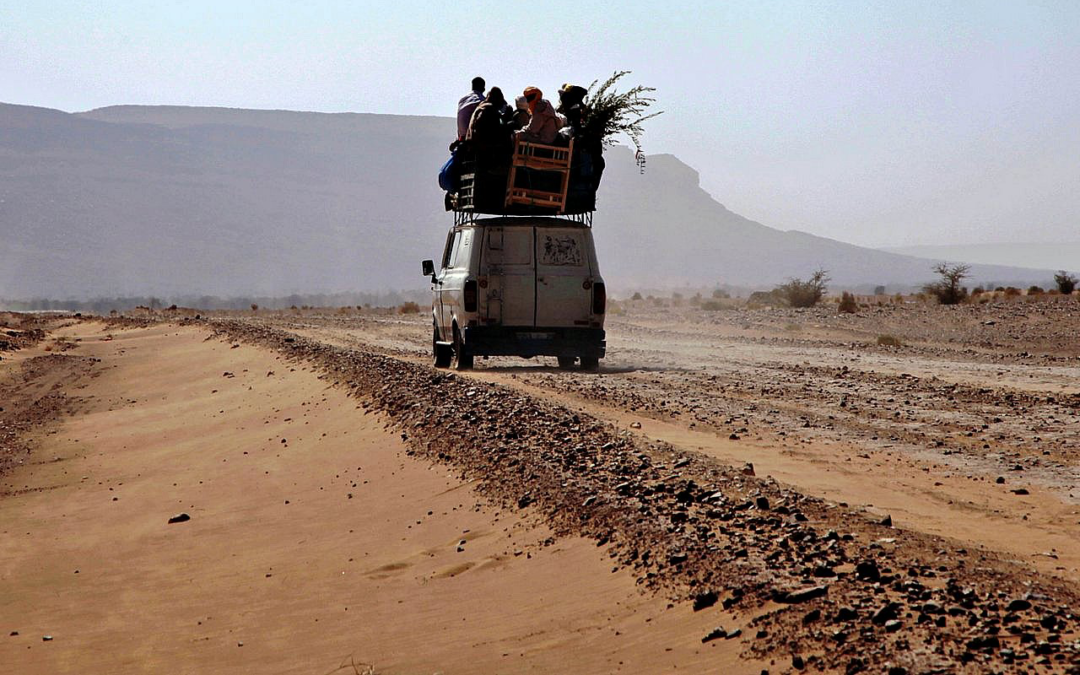
Land use and planning coastal scenarios for 6 Caribbean countries
Development of land use and planning coastal scenarios for 6 pilot countries
The objective of this project was to improve regional processes of climate relevant data acquisition, storage, analysis, access, transfer and dissemination and pilot and scale up innovative climate resilient initiatives.
The goal was to support the use of models so as to enhance understanding of risks from climate change related events (sometimes catastrophic) so that those risks can be managed through integrated actions and interventions.
 InVEST is a suite of free, open-source software models used to map and value the goods and services from nature that sustain and fulfill human life. Despite its importance, this natural capital is poorly understood, scarcely monitored, and, in many cases, undergoing rapid degradation and depletion. The multi-service, modular design of InVEST provides an effective tool for balancing the environmental and economic goals of governments, non-profits, international lending institutions, and corporations.
InVEST is a suite of free, open-source software models used to map and value the goods and services from nature that sustain and fulfill human life. Despite its importance, this natural capital is poorly understood, scarcely monitored, and, in many cases, undergoing rapid degradation and depletion. The multi-service, modular design of InVEST provides an effective tool for balancing the environmental and economic goals of governments, non-profits, international lending institutions, and corporations.
The Outcomes
The key objective was to help local stakeholders to understand and appreciate the role and importance of climate change scenarios in coastal planning and coastal zone management.
The training set the bases for stakeholders to set-up, edit and update coastal scenarios using specific modeling techniques, and train them in possible uses of these scenarios in the decision-making process. The Service helped produce scenarios for possible futures and applications and there is an expectation that stakeholders in each Pilot Country did:
- Improve their understanding of modelling techniques
- Gain an appreciation of the importance of data-driven and science based planning
- Understand the role marine and terrestrial habitats play on the impact of climate change
- Realise the potential of scenario-based planning through different examples
Next you can see an interactive map from the island of Dominica. This is an example of the accesibility of information that the workshops focused on. Clicking on the “Layers” icon, different information data retrieved by local experts is accesible.
COUNTRY
Jamaica · Haiti · Dominica · St. Vincent & Grenadinies · St. Lucia · Grenada
IMPLEMENTATION PERIOD
2021 · 2022
DONOR · PARTNER
UWI · CIF · IDB / Open Plan





